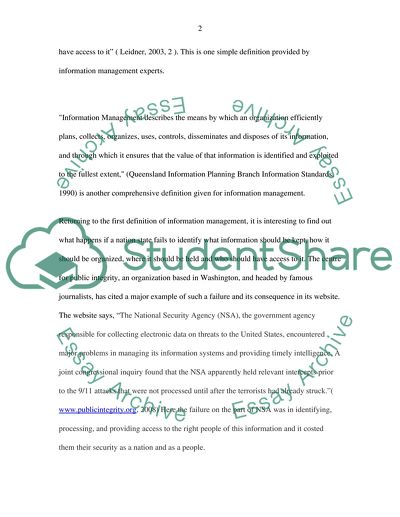Cite this document
(“Information Management and National Security: Challenges for Nigeria Term Paper”, n.d.)
Information Management and National Security: Challenges for Nigeria Term Paper. Retrieved from https://studentshare.org/politics/1719444-information-management-and-national-security-challenges-for-nigeria
Information Management and National Security: Challenges for Nigeria Term Paper. Retrieved from https://studentshare.org/politics/1719444-information-management-and-national-security-challenges-for-nigeria
(Information Management and National Security: Challenges for Nigeria Term Paper)
Information Management and National Security: Challenges for Nigeria Term Paper. https://studentshare.org/politics/1719444-information-management-and-national-security-challenges-for-nigeria.
Information Management and National Security: Challenges for Nigeria Term Paper. https://studentshare.org/politics/1719444-information-management-and-national-security-challenges-for-nigeria.
“Information Management and National Security: Challenges for Nigeria Term Paper”, n.d. https://studentshare.org/politics/1719444-information-management-and-national-security-challenges-for-nigeria.


